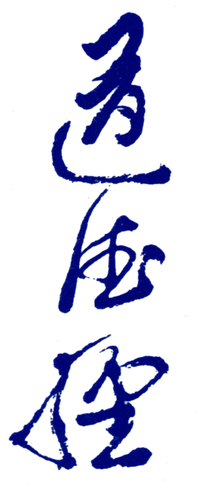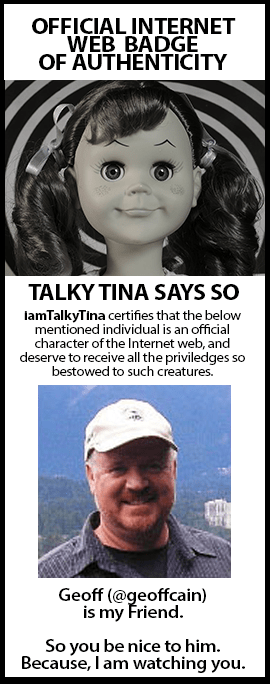Eleven
Thirty spokes share the wheel’s hub;
It is the center hole that makes it useful.
Shape clay into a vessel;
It is the space within that makes it useful.
Cut doors and windows for a room;
It is the holes which make it useful.
Therefore benefit comes from what is there;
Usefulness from what is not there.
– from the “Tao Te Ching” by Lao Tzu (Gia Fu Feng, trans. )
I am at the CSU Course Redesign with Technology, Summer Institute in Rancho Cordova, CA. I finished up a dozen cyber and real errands and finally got out to dinner around 7.30. At dinner, I ran into other faculty and administrators leaving to go back to the hotel and one of our instructors from Humboldt State sat down with me to chat about learning management systems (I think Canvas might have been mentioned), programming and what not, and he said something I really liked hearing: he said that all the best work takes place in break-out sessions and here. And by “here” he meant, the informal gathering in restaurants. I completely get that. There is a huge and ambitious agenda at this event (and it is working so far!), but I get that it is really only a framework, a facilitation of connections. But in order to create that space for informal connections, we still need the clay and the spokes. I think the meetings that we are in really help shape how we make those connections. If you hear something you like, great, you have found partners and allies; if you hear something that rubs you the wrong way, then lets have that conversation too. Respecting the space and allowing for those connections is an important part of these meetings. It is as important as anything else that any one person has to say.
As instructors, we need to remember that – respecting the space students need to learn. In the classroom, we have to attend to the rhythms of the students: sometimes the silence after you ask a question isn’t ignorance, it can be a student finding the courage to speak. Also, we need to allow for sufficient time for the students to talk with one another, to confer, to process new knowledge by hearing it in the words of their peers. But as we know, creating that seemingly haphazard, accidental space, takes careful thought and planning.
I like what is happening at the institute this summer and along with our faculty, I appreciate the chance to process and make connections. And my reading list is expanding!





